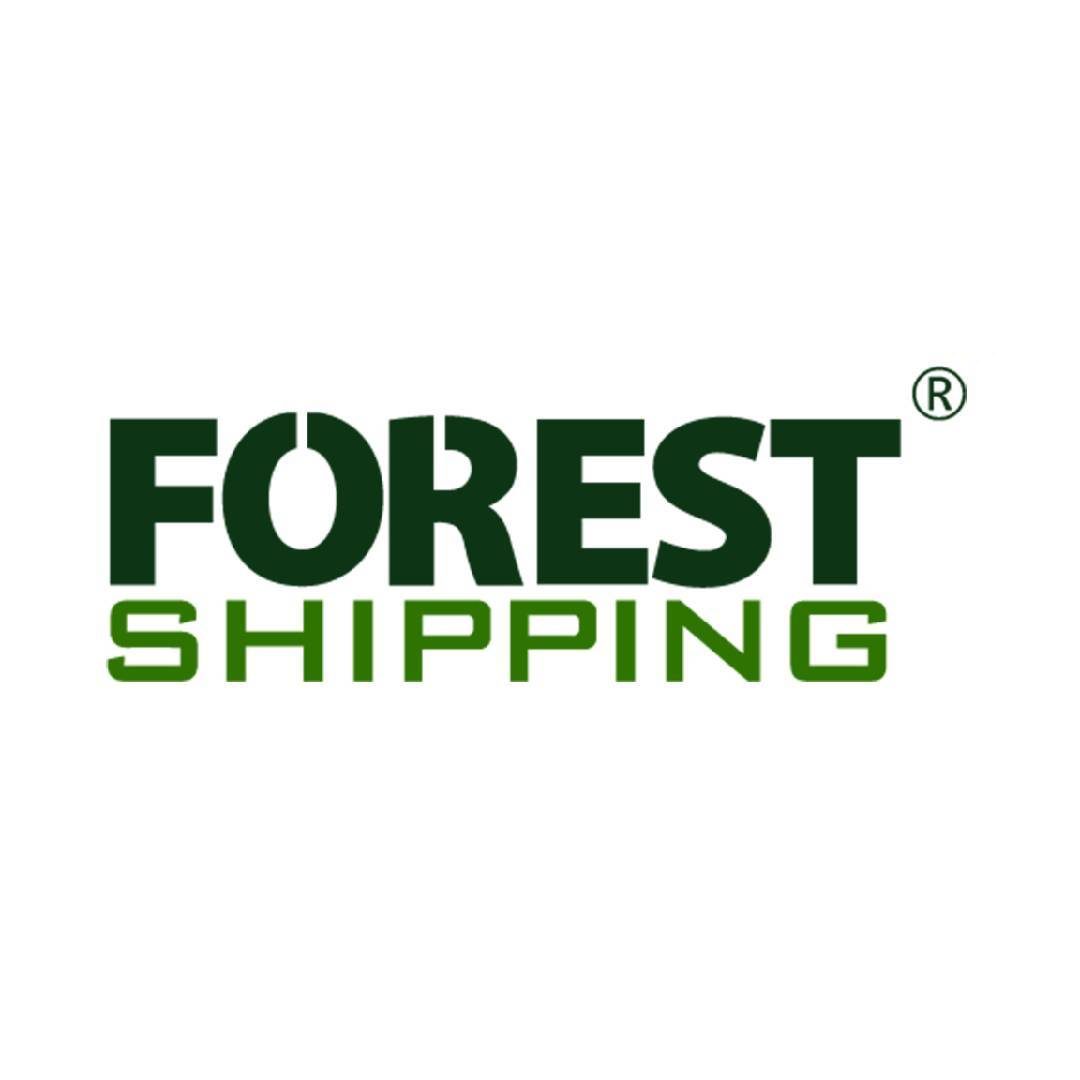Setting up FBA logistics is a strategic approach to streamline your business operations. Here’s a structured plan based on your thought process:
1. Evaluate Business Needs and Consider FBA
Assess Space and Inventory Management: Determine if your business requires handling inventory or storage. If not, FBA can save time and resources.
Explore FBA Providers: Research options like Amazon, Oberlo, Voz, and WMS to find the best fit based on cost, integration, and support.
2. Set Up an FBA Account
Apply for a Seller Account: Submit through Amazon with necessary details.
Choose Logistics Provider: Select a provider that offers fulfillment centers suitable for your location and demand.
3. Select Product Category
Research Demand: Use tools like Jungle Scout to identify trending products with low to medium demand.
4. Create Product Listings
Product Research: Utilize Google Keyword Planner and SEMrush for keywords and product specifics.
Optimize Listings: Ensure product photos are clear, use product videos, and create detailed descriptions.
5. Optimize for Sales and Reviews
Enhance Product Visibility: Use editing tools and create product videos.
Manage Reviews: Use online reputation management tools since you don’t have customers yet.
6. Pricing and Inventory Management
Calculate Pricing: Ensure competitiveness by analyzing costs and fees using tools like Jungle Scout.
Inventory Alerts: Set up alerts for low-demand products to manage stock effectively.
7. Monitor Sales and Performance
Track Metrics: Use Amazon tools to monitor sales, fees, and inventory.
Customer Feedback: Regularly review customer feedback to address issues and improve sales.
8. Handle Customer Service and Returns
Return Policy Compliance: Ensure products meet Amazon’s standards for efficient returns.
9. Expand if Needed
International Markets: Research fulfillment centers and customs if planning expansion.
10. Stay Updated and Adapt
Continuous Learning: Follow industry trends and join online communities for insights and best practices.
11. Commit to Long-Term Success
Adaptability: Be ready to adjust strategies based on market changes and feedback.
By following this structured approach, you can effectively leverage FBA logistics to scale your business efficiently.

